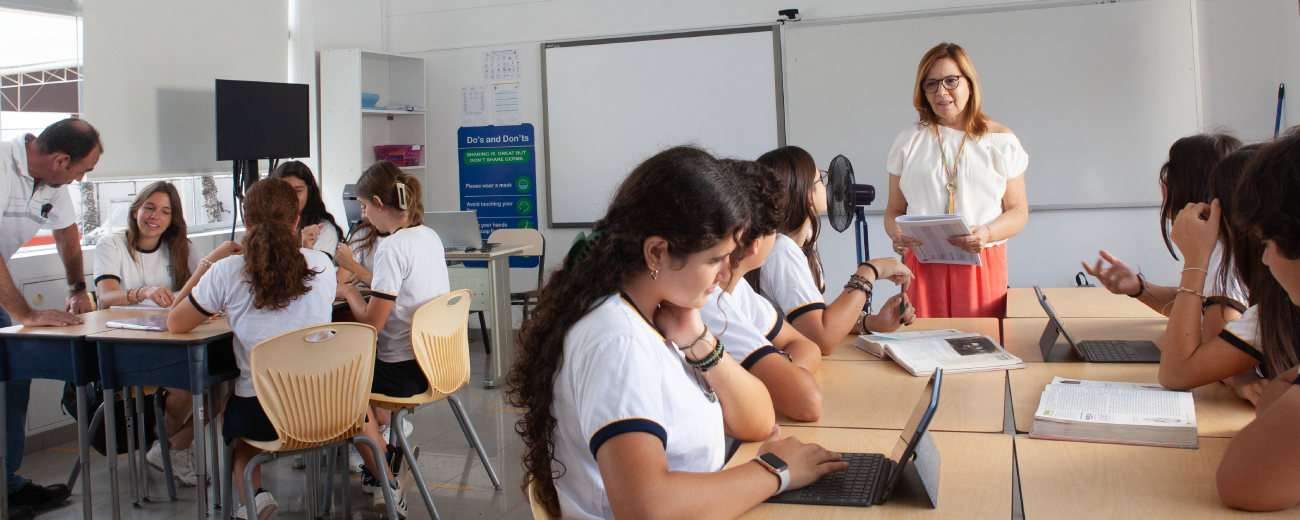More than the products of learning, we evaluate the processes that allow learning to be developed or discovered. From this perspective, we perform diagnostic evaluations to explore prior knowledge; formative evaluations to determine the level of development of abilities and the level of internalization of values; and certification evaluations to determine the level of knowledge of contents and methods in terms of the development of skills and attitudes.
Teachers must evaluate as follows:
Comprehensively
Taking the person, their intelligence, emotional nature, attitudes, and values into account as a whole.
Systematically and Continuously
Evaluations are an ongoing process in order to allow the various strategies applied to be continually studied, determined and reformulated.
Cumulative
In order for the results of the evaluation to be product of a series of applications, not isolated tests.
Educational
They do not seek to reveal mistakes but instead to improve learning. Establishes a diagnosis for future experiences that will be implemented in the classroom.
Evaluations allow the causes of deficiencies in a student’s work to be revealed, and solutions for each situation to be planned accordingly. Evaluation involves estimating, valuing and appreciating many aspects. The most effective technique is observation, and then recording, comparing and analyzing the information obtained in each situation.




